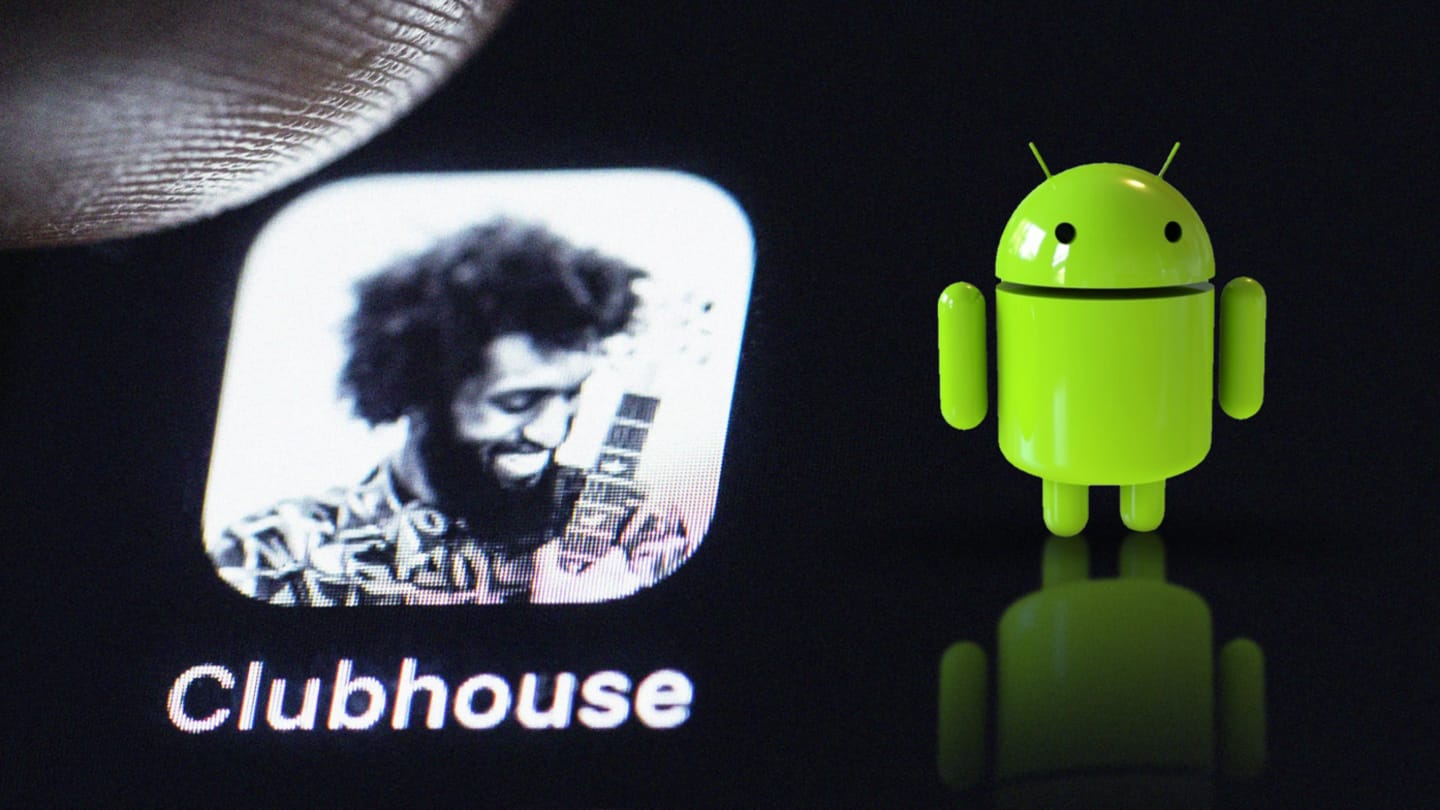
Clubhouse shoots to million downloads on Android within a week
What's the story
This is a story that will surprise no one. The recently launched Android version of Clubhouse hit the million downloads mark in less than a week. To put this into perspective, it took the iOS app around a year to accrue 10 million downloads.
The rapid rate of uptake by Android users was fueled by the demand being exacerbated by the platform's iOS exclusivity.
Exclusivity card
Clubhouse didn't even hire an Android developer until February
After significant user demand, Clubhouse finally launched a limited Android beta version for US audiences in the second week of May. This was followed by a full global launch of the stable Android app on May 21.
Clubhouse, however, ran its iOS exclusivity card to the ragged end. It didn't even hire an Android developer until February this year, when its downloads began plummeting.
iOS only
Big Tech capitalized on Clubhouse exclusivity by embracing voice chat
However, between February and April this year, Clubhouse's iOS downloads tanked from 9.5 million to just 900,000. This was symptomatic of its Big Tech rivals capitalizing on its iOS exclusivity by integrating a facsimile of its voice chat feature within their existing apps.
Twitter was first of the Big Tech to the party by taking its Spaces voice chat feature online for Android users.
For now
Android users seem to prefer the original over clones
Despite everyone from Telegram and Reddit to Spotify and LinkedIn releasing facsimiles of Clubhouse, the user interest in the original evidently hasn't shown any signs of waning at all.
Going forward, the sheer number of alternatives will force Clubhouse to be on its toes and introduce features to retain user interest, because established social media players will continue to mount pressure on that front.
Connecting voices
Clubhouse succeeded by providing more natural human connection than rivals
The audio-only social media platform is a breath of fresh air within an industry dominated by apps copying incremental features from one another. Clubhouse resonated with audiences by providing a more human way to interact during the lockdown.
Furthermore, celebrity endorsements and the presence of actors, musicians, and business elites generated large amount of user interest and traffic.